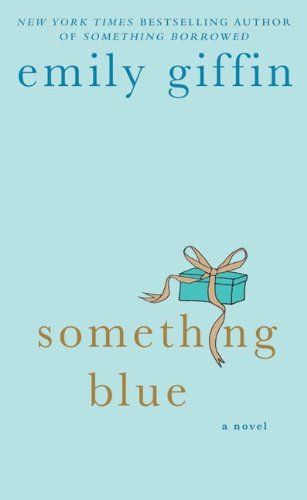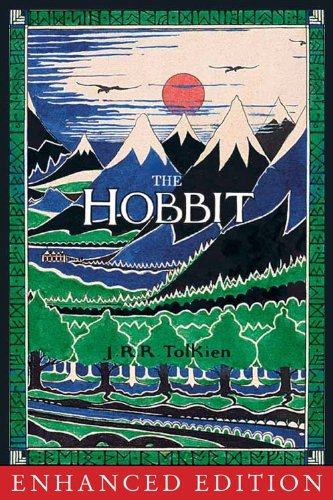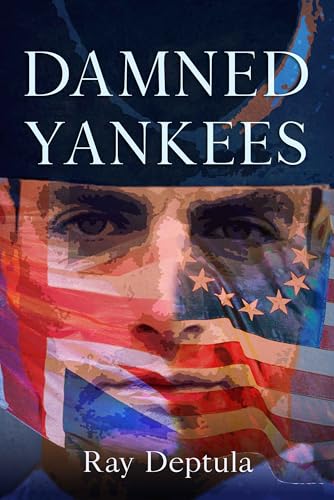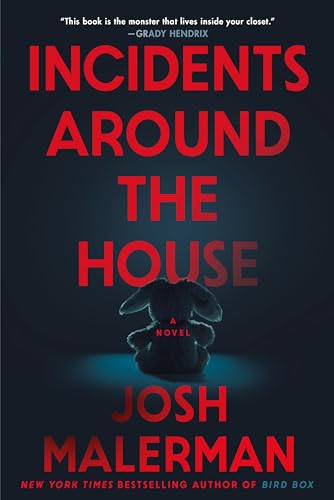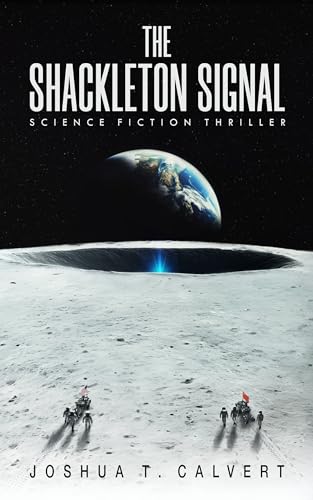In today’s Publetariat Dispatch, Publetariat founder and Editor in Chief April L. Hamilton wonders if a subscription model, such as that employed by Netflix and Gamefly, could work for trade publishers where ebooks are concerned.
I recently read a Slate article about how the film industry is repeating the DRM and business model mistakes of the music industry, and of course saw many parallels with, and implications for, trade publishing in it. But unlike the film and music industries, Big Pub has plenty more market and cultural shifts to contend with these days than just the rising popularity and availability of digital media.
The once-mighty Borders has failed, proving once and for all that brick and mortar is no longer the ace in the hole it once seemed for trade publishers. Authors, established and aspiring alike, are seeing fewer and fewer reasons to partner with trade publishers now that it’s become clear they can get their work to a readership more quickly, keep control of their intellectual property rights, and earn higher royalties to boot by going indie. As if to add insult to injury, Amazon seems poised to eat whatever’s left of Big Publishing’s lunch after everyone else has had a go at the trough. But it occurred to me that there may yet be some unexplored and promising territory for Big Pub, if they’re willing to entertain an unorthodox idea: a subscription model of ebook content delivery.
Much like Gamefly and O’Reilly’s Safari Books Online, major publishers could offer a monthly, flat-fee subscription service for
book-at-a-time access to all their ebook titles in various ereader formats. Note that I said access, not ownership. It would be a rental-type paradigm, and like Gamefly and Netflix could be offered at various pricing tiers according to how many titles the consumer is allowed to have checked out at any given time. Such a plan would enable publishers to maintain steady, ongoing revenue streams in addition to their existing sales channels, and would allow publishers to do an end-run around Amazon, B&N’s Nook store, and Apple’s iBookstore, too.
Perhaps just as importantly, it would allow publishers to gracefully exit the ebook pricing, DRM and staged release debacles of the past, and finally be seen as offering a valuable service to consumers instead of being the big, greedy bad guys.
Gamefly charges the equivalent of the cost of one new game at retail prices for its basic subscription; trade publishers could do the same. At $10 – $15 per month I think plenty of avid ebook readers would be willing to sign up, because they’re probably already buying at least one ebook at retail prices each month.
There are only 5 major players left in trade publishing, so even if you had to ‘subscribe’ to all 5 of them individually (since it’s not likely they’d form some kind of collective service), you’re still only talking approximately the same monthly fee as what plenty of people are already paying for their Gamefly accounts.
While publishers would lose money on accounts signed to voracious readers who currently buy numerous ebooks every month at retail prices, those folks are outliers. Most people I know don’t buy ebooks at that rate, and most people I know don’t read more than one book a month, either. Also, there would surely be a large contingent of people who sign up fully intending to wring their money’s worth out of the subscription fee, but ultimately end up ‘checking out’ a book only every second or third month. Once you know the books are there for the taking any time, there’s no urgency.
If you subscribe to Netflix, Gamefly or even a health club, you’re probably personally acquainted with this phenomenon. I say this while gazing ruefully at the Netflix DVD I’ve had checked out for nearly four months now. Yep, I’ve paid the monthly fee for that movie three times over, and in fact could’ve bought the DVD for less than I’ve paid for this rental by now. But I still have no intention of cancelling my Netflix subscription because it’s a convenience I’m willing to pay for. And maybe someday I really will end up checking out a new movie every few days, like I imagined I’d be doing when I first signed up.
Yes, there are technological hurdles to be overcome. And yes, there will be some considerable startup effort and investment. But those things are true of any new business model trade publishers might try to adopt. And heaven knows, the model they’ve currently got is no longer working so they’re going to have to try something.
This is a cross-posting from April L. Hamilton‘s Indie Author Blog.

